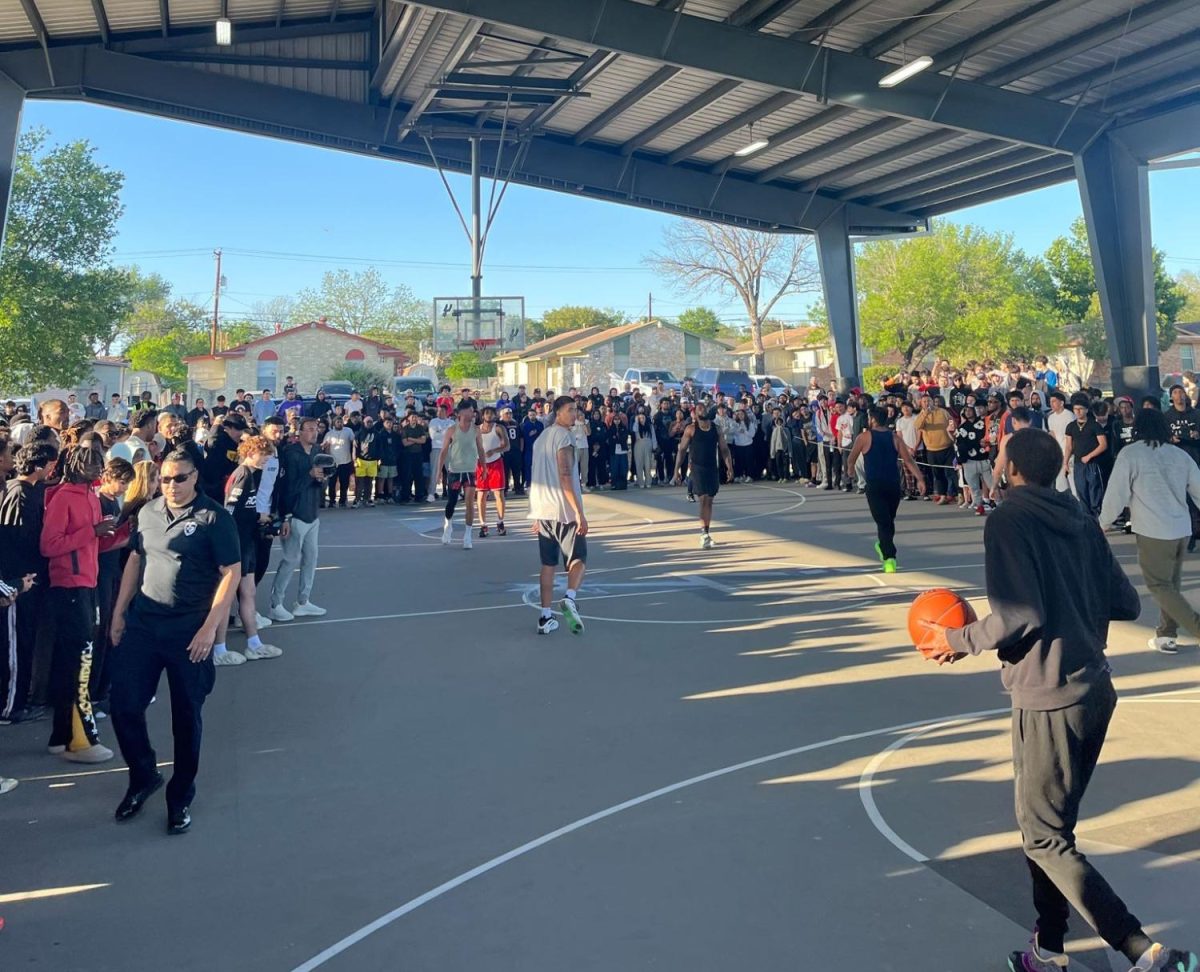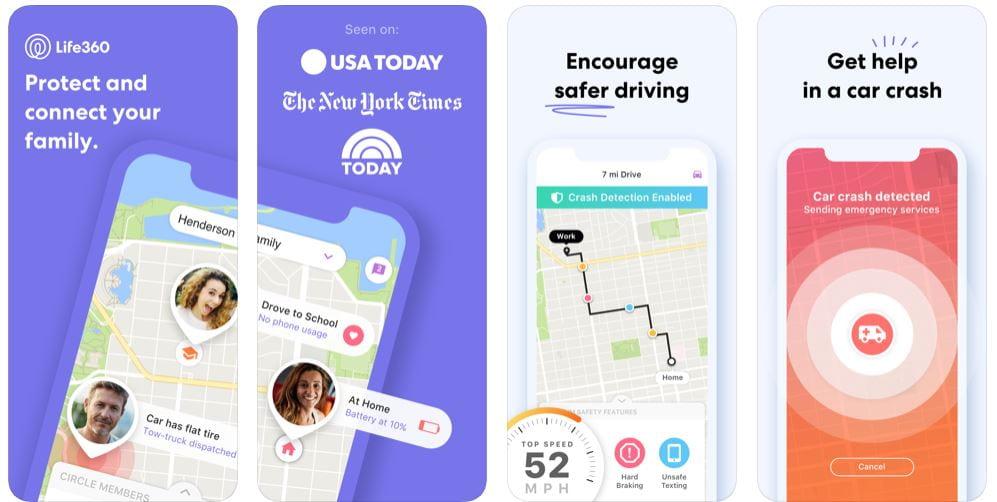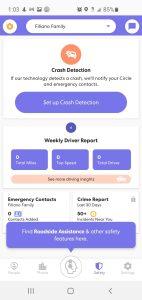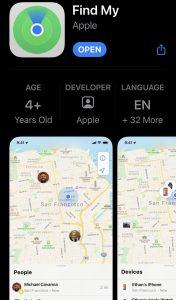These days tracking apps like Life 360, MamaBear, FindMyFriends, and my personal least favorite T-Mobile’s Family Mode, have been gaining popularity as parents use them to keep an eye on their children in the age of technology. These apps promote themselves as child friendly, safe to use, and perfect for families, while that may have been the case when these apps were created, it certainly isn’t the case now. These unassuming apps may not be all that they seem.
Life 360
The app Life 360 claims to “protect and connect the people who matter most with comprehensive safety features for life at home, on the web, and on the go”. Life 360 allows parents to track their kids in real time and other features. This app can go as far as sending parents their teen driver’s speed limit and how much battery their phone has.
Life 360 has access to almost all information on a child’s phone, from text messages to browser histories. While parents may need to monitor their children for their own safety, they don’t realize the hidden danger that comes along with this access. While Life 360 makes money through subscription and “premium memberships”, it is widely known that the app makes most of its money through selling their users information to third parties.
MamaBear
The app MamaBear claims to be a “worry-free” parenting app that will monitor a child’s location, driving speed, and social media. There is a check-in system that allows children to tell their parents how they’re feeling through emoticons. There is a “family news feed” that alerts about driving speeds, a child’s location and more. This app also monitors a kid’s social media,
when they post and what they post about. While this seems more like stalking than monitoring, the good news is that almost all the reviews on their website states that the app doesn’t work and only takes money without providing the features it describes.
FindMy
Previously known as FindMyFriends, this app is for iPhone users who want to find their devices. This app allows users to “View the location of your missing iPhone, iPad, Apple Watch, Mac, or AirPods on a map”. It plays a sound to find your device nearby, and connected devices can be out on “lost mode” which locks the screen and gives the option to erase data remotely. Seems simple enough, probably wouldn’t be on this list if that were all. There is a “People” tab that allows you to track another person’s location through their device. When put in the hands of parents, this app can be used to monitor every location their child goes to and when they arrive from place to place.
T-Mobile Family Mode and DIGITS
This app will do what it claims. It puts time limits on apps and entertainment, disables apps, puts limits on social media and google search. It alerts parents about search history and tracks a teen’s location in real time. DIGITS will track messages and track every single word you type on your phone and send it to the parents. For both of these services you have to pay a monthly subscription and use T-Mobile, but at least they don’t sell your information. Although, they will slow down your internet and make your phone practically useless. Since it uses a lot of data, the only way to actually use the app is to subscribe to T-Mobile’s “unlimited data plan” (seems like another way to get money from their clients). There are many bugs and glitches regarding the “time limits”, and it’s just overall an awful program for the 20 dollars a months you’ll have to shell out for these two apps.
Final Thoughts
Even if these apps worked perfectly and didn’t sell your information, they still could be more harmful than helpful. Children’s privacy and the long-term effects of overprotective parenting come into question with these types of apps. Constantly being watched could have psychological effects on these children in the future. In the end, parents will do what they think is best for their kids whether it’s actually right or not.



























